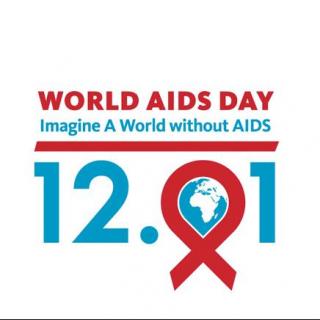
介绍:
Host (ZCG): As China prepares to observe the World AIDS Day, health and research organizations have raised concerns over an increase in new infections among high school and college students.
Host (BK): First of all, what would you say is the state of HIV/AIDS in the world today, and in particular in China?
Guest: HIV and AIDS is probably, overall, one of the biggest pandemics in the history of the world. Something like 35 million people have died of AIDS since the disease was discovered in 1984. However, the world has really come together for a concerted effort to both treat and prevent HIV and AIDS, and increasingly, across the world, in developed countries, people living with HIV are living much longer. It’s becoming more of a chronic disease, rather than a death sentence, but there’s still a lot of work to be done.
Host (TY): What would you say is the most worrying feature of the latest findings, especially in China?
Guest: In China, especially, we’ve seen an increase in the prevalence among young people, which is particularly disturbing. As the lead-in to this segment correctly stated, this is particularly seen in high school and college age individuals. Most of them are men having sexual relations with other men, and so this identifies an area that needs to be targeted for both prevention and treatment campaigns.
Host (BK): As we’ve seen, there are higher rates of sexually-transmitted HIV; do you think that then China needs to improve the standard of sexual health and education in schools and universities?
Guest: Absolutely, I do. This has been shown to be effective in other countries, especially in countries where stigma is a big concern. If you target young people, and you give them the tools and the education that are necessary to both prevent the disease and also to identify it early, through screening activities, you can make inroads into the epidemic.
Host (TY): According to statistics, from 1985 to 2005, around 30% of HIV infections in China were caused by blood transfusions, but this figure is now virtually zero. What has China done to combat this problem?
Guest: Well, it’s done a much better job at screening the blood supply, and then those units of blood that have HIV antibodies present are culled from the pool, so that now, they’re not used to transfuse to individuals. This is really a success story for increasing the funding to laboratories and the use of more sophisticated laboratory screening techniques, and consistently doing the screening, so as to improve the quality of the blood supply in China.
大家还在听

